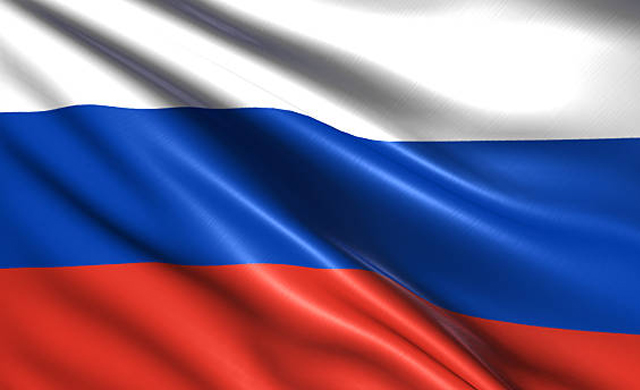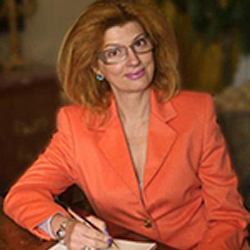Geopolitics is back — and the EU needs to get ready. After the meeting in Geneva, Deputy Foreign Minister Sergei Ryabkov said, “We are tired of holding empty talks, half-promises, misinterpretations, which often happened in closed-door negotiations. It is a question of Russian national security.” He further said that Russia was not going to invade Ukraine.

US Undersecretary of State Wendy Sherman, on the other hand, said that there is no question of closing NATO’s door to another country. She noted that Washington is open to further negotiations with Moscow on the deployment of troops and equipment, but disagrees with Russia’s demands for guarantees of non-expansion of the alliance. It was also noted that the U.S. would adopt financial sanctions against key Russian institutions if Russia invades Ukraine.
At Russia’s meeting with NATO on Thursday, the North Atlantic Alliance once again refused to guarantee that Ukraine would not join the alliance. NATO Secretary General Stoltenberg said that states must decide for themselves whether to join the alliance or not. He also noted that “Russia has violated the Intermediate-Range and Short-Range Missile Elimination Treaty by deploying missiles in Europe that are banned by this treaty.” Both sides recognized the threat of a new armed conflict in Europe. For this reason, NATO is interested in discussing with Russia the issues of nuclear policy, mutual missile limitation, etc.
Stoltenberg mentioned that the United States and its allies are ready to move all these disputes to substantive negotiations on arms control, reduction of military activities near the borders and even a partial return to the Treaty on the Elimination of Intermediate-Range and Shorter-Range Missiles in terms of not bringing them within range of each other’s territory.
Tensions in the coming days could rise as both Republicans and Democrats are pushing to pass sanctions against Russia. To be more precise, Democratic Senator and Chairman of the U.S. Senate Foreign Relations Committee Bob Menendez announced that he has introduced a bill to sanction Russia should Moscow escalate its hostile actions in or against Ukraine. It is anticipated that sanctions could affect at least three major Russian banks, as well as resource companies, oil, gas, and coal producers. The plan is to exclude the major banks from the SWIFT system, as well as to sanction all senior Russian leaders, including Putin, with the release of a U.S. intelligence report on their accounts and assets.
The good news is that the chances of passing the bill in its current form seem slim. First, because it clearly pushes Russia into escalation. Another reason the bill is unlikely to pass is the excessive obligations it imposes on the U.S. administration. Congress periodically tries to burden the White House with procedural obligations to enforce sanctions, which irritates bureaucrats. It is therefore likely to meet the same fate as the controversial DASKA bill. It also provided for “draconian sanctions” against Russia and imposed a heavy procedural burden on the administration. But it ended up being unofficially obstructed by State Department lawyers.

 Hot Features
Hot Features













